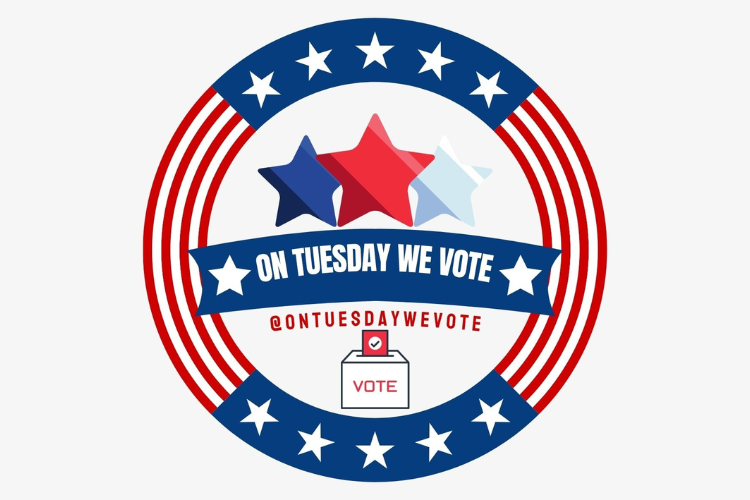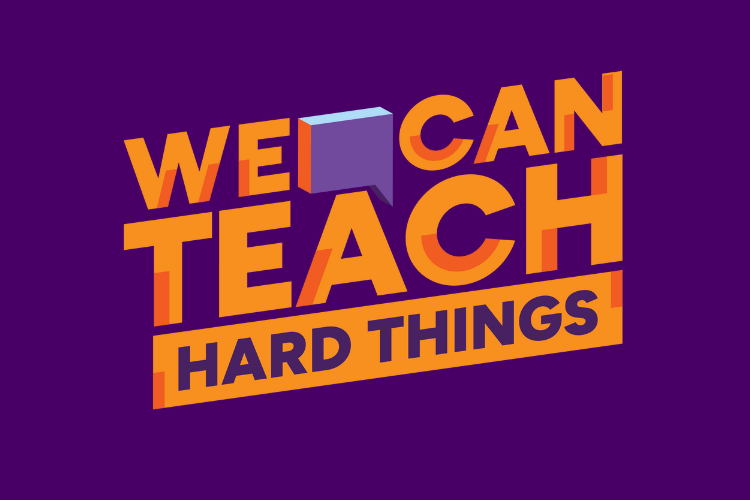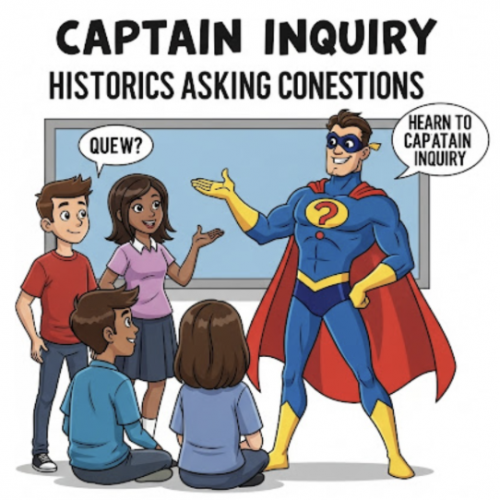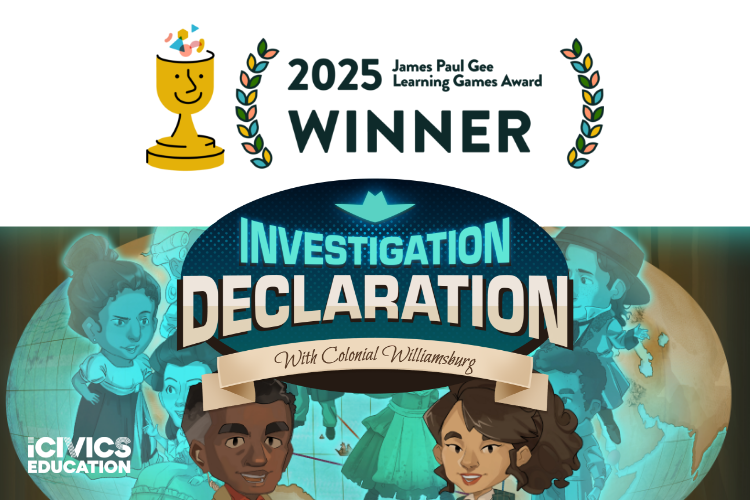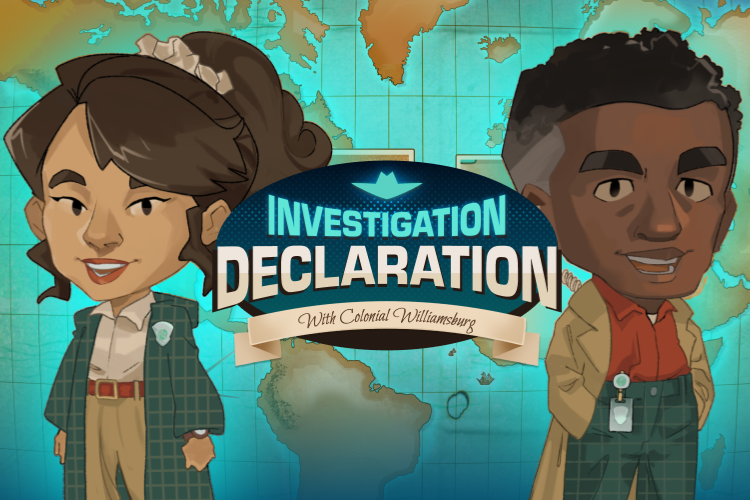Learning to swim is a skill that could save your life. If you were a swim instructor, would you teach swimming by having someone read about it or watch videos of Katie Ledecky’s Olympic races? Would you feel prepared to have your students swim if they’d never practiced before?
We teach our students that democracy is not a spectator sport. For our system to work, we must all play an active role—whether it’s discussing current events in the classroom, encouraging students to write letters to elected officials, attending town halls, or fostering civic friendships among classmates. Yet one task is often overlooked: guiding students through the actual process of voting—presenting a question, having them research, think critically, reflect, and ultimately make a decision.
On Tuesday We Vote builds democratic habits and nurtures lifelong voters. Who we become is shaped by the habits we cultivate, and our results reflect those habits. Saving money starts with small, consistent deposits. Training for the 1500-meter freestyle begins with shorter incremental distances. The more a habit is practiced, the more automatic it becomes. Democracy works the same way—it needs regular practice. We get what we repeat.
On Tuesday We Vote empowers teachers and students to think critically about important questions, cast their votes, and experience democracy in action. A teacher’s commitment to modeling the voting process can help students leave our classrooms as informed, engaged citizens. Christian Wrabley, a civics and history teacher at Greater Johnstown High School in Pennsylvania, shares, “I could see students begin to recognize democracy as something they practice and build rather than just a word, or something that happens in Washington. Voting every Tuesday reminds us that our classroom works best when every vote counts.”
Teachers can visit the @OnTuesdayWeVote Facebook page for a new biweekly question. This format allows educators the flexibility to participate in national discussions while also creating their own questions on off-weeks. Each Monday evening, the page will feature the week’s question along with a Google Form and vetted resources. Teachers may choose their level of participation—many make a copy of the form and share the ballot with students, while others conduct in-person votes. After students cast their ballots, teachers are encouraged to share their class results on Facebook using the hashtag #OTWV. This not only expands the conversation beyond individual classrooms, but also allows students to see how peers across the country view the same issue. Sharing data like this allows students a place to challenge stereotypes, break down barriers, and consider viewpoints outside of the bubble they live in.
On Tuesday We Vote was created by teachers, for teachers, so that you can help your students develop the skills they need in order to engage in our democratic society. When you’re ready, join us in making voting a habit, building lifelong citizens, and strengthening our democracy—one Tuesday at a time.
If you are interested in participating, join us on Facebook: @OnTuesdayWeVote, and if you have any questions, you can talk directly to Michael and Shari via email: [email protected] and [email protected].
Written by Shari Conditt and Michael Martirone
Shari Conditt teaches AP US History, AP American Government and Politics, and serves as the building instructional coach at Woodland High School in Woodland, Washington. She is also an adjunct professor at two local colleges, teaching survey-level social studies courses and Methods for Teaching Social Studies. Shari is passionate about student leadership and serves as the school’s ASB Director, where she actively supports student voice in school policy decision-making. In 2015, she was selected as a finalist for State Teacher of the Year, and in 2016, she was selected as Washington’s Gilder Lehrman History Teacher of the Year.
Michael Martirone teaches AP Government & Politics and World Cultures at Egg Harbor Township High School in New Jersey. He is also an adjunct professor at Richard Stockton University. In 2016, Michael was a finalist for the New Jersey State Teacher of the Year, and in 2020, he was named the Gilder Lehrman History Teacher of the Year for the state of New Jersey. He has been a member of the iCivics Educator Network since 2017.
Through the iCivics Educator Network, the perspectives of teachers across the country contribute to the public conversation about civic education in the United States. Each contributor represents their own opinion. We welcome this plurality of perspectives.

